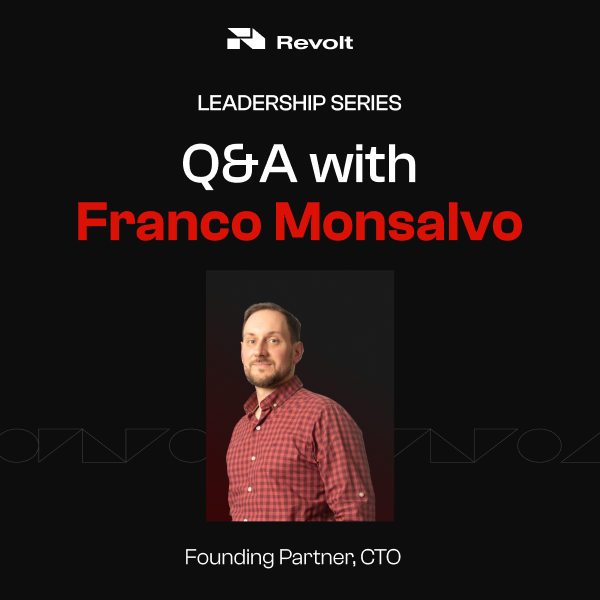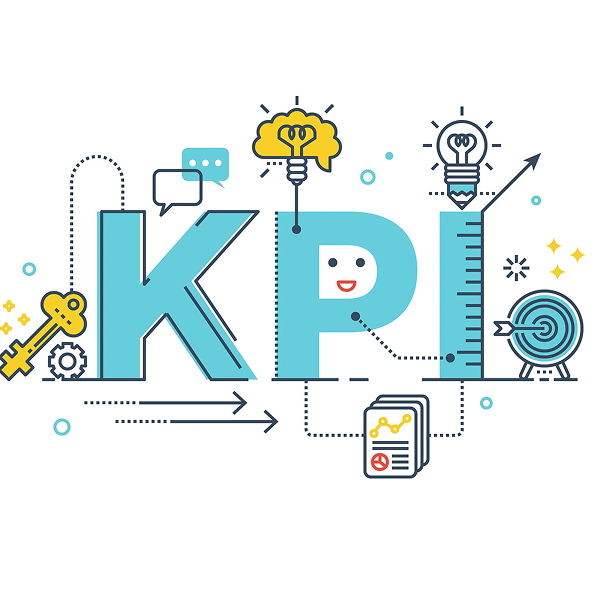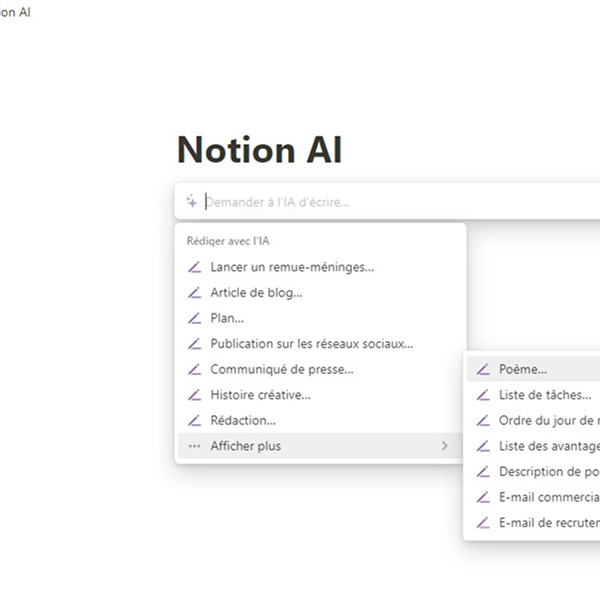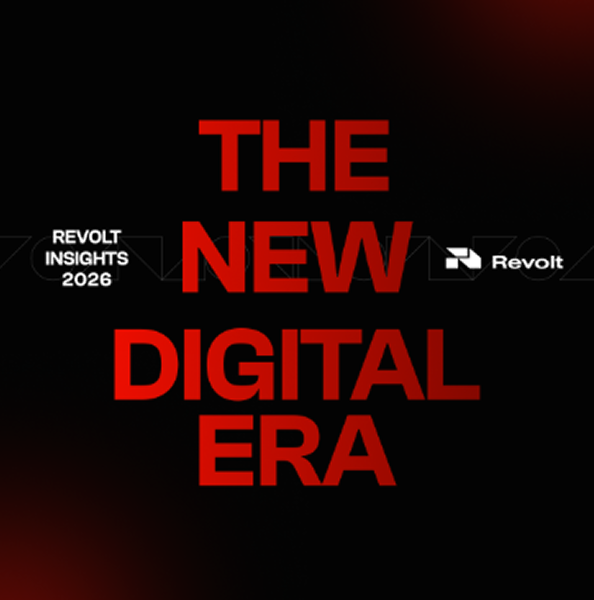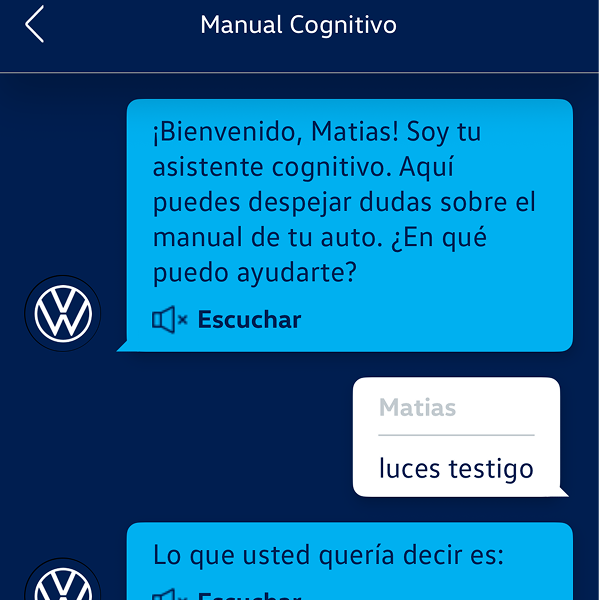A belief has been created that what is new is synonymous with what is good, while what is old is equated with what is bad or outdated. This attitude has led to technology, by its innovative nature, being seen as always positive. Is it always so? Let’s see. Apple Vision Pro and the Facebook metaverse allow us to glimpse a present where reality and its representation merge into an experience that immerses us in hyperreality. It is a new and fascinating territory; however, as we delve into it, we must reflect on the implications of these changes in our lives and the very essence of our humanity. The boundary between the real and the digital blurs, allowing us to immerse ourselves in virtual and augmented worlds. We live in an experience constantly “mediated” by technology, and this technological interaction has left a deep mark on how we perceive the world and, ultimately, on our freedom and authenticity.
Marshall McLuhan, with his famous phrase “the medium is the message,” emphasizes that the medium itself influences how we interpret information. In a 100% mediated life, the fundamental question that arises is: Can we truly be free in this environment? How does this reality affect our identity as human beings?
As if technological addiction were not enough, it has become an increasingly pressing concern. With a growing dependence on technology, we face significant challenges. One of the most worrying problems is the decrease in attention due to constant exposure to digital stimuli. This overstimulation affects our ability to concentrate and retain information, as documented by neuroscientist Michel Desmurget in his book “The Digital Cretin Factory.” The concern is particularly relevant for children and adolescents, whose cognitive abilities may be affected.
But the impact is not limited to our cognitive abilities; it also has social and emotional repercussions. Digital interactions offer convenience but often lack the depth and emotional connection found in face-to-face relationships. As a result, loneliness has become an epidemic, contributing to issues such as anxiety and depression.
The technological future offers endless possibilities and conveniences, but it also presents significant challenges. To preserve our freedom, identity, and emotional well-being, we must address technological addiction, find a balance between technology and human connection, and be aware of how the metamedium influences our perception of the world. It is in this intersection between the digital and the human that we will forge a path toward a more balanced and meaningful digital future.
Ultimately, what matters most is meaning. Without meaning, life is worth nothing. Finding meaning is not an easy or quick task. It requires time, maturation, and constancy. It is not found in childhood, nor in adolescence. Sometimes it is never found. It is also not found on the surface; it needs deep roots to bear nothing less than the weight of life.
Post by Matias Fernandez Beltrami – Head of UX & CCO at Revolt

